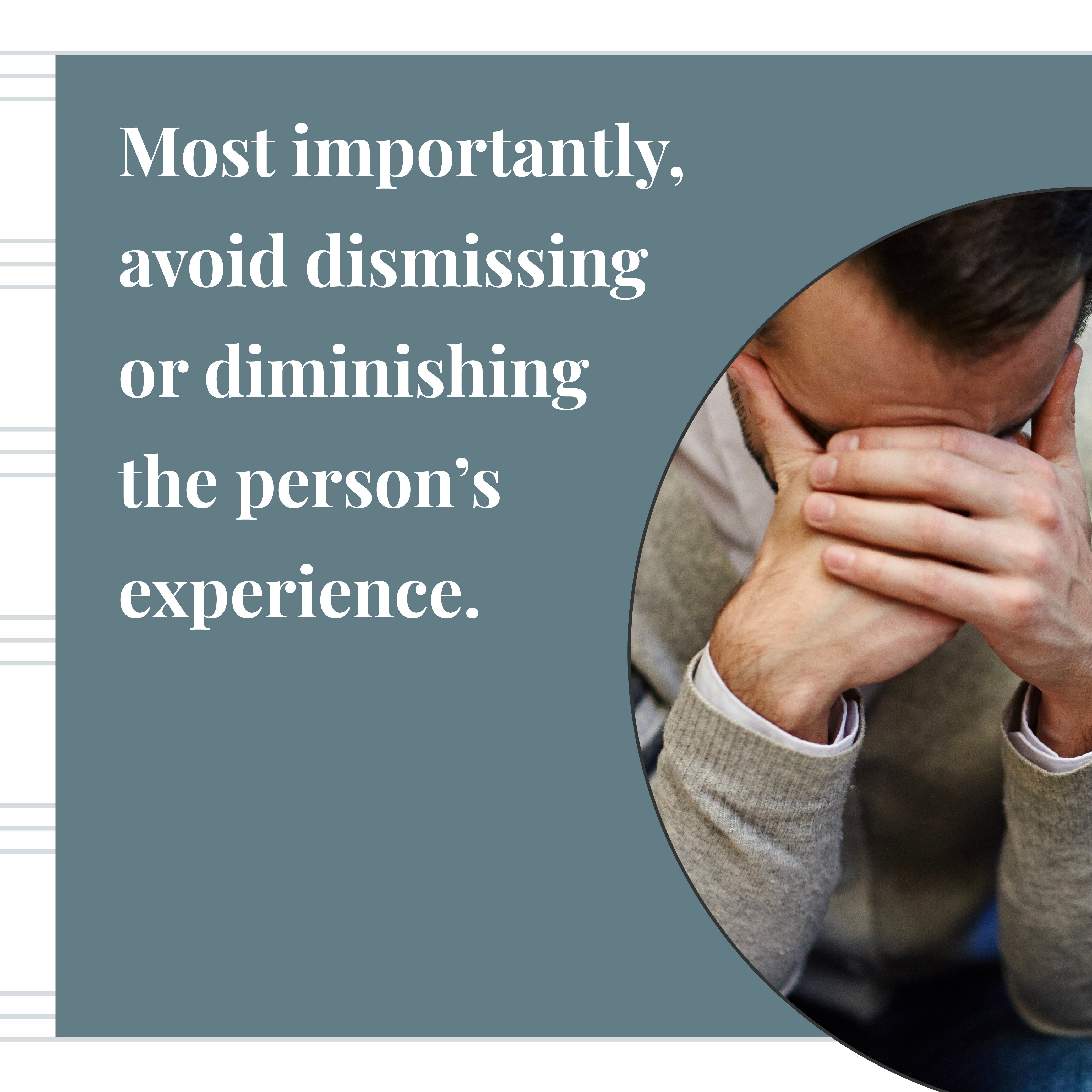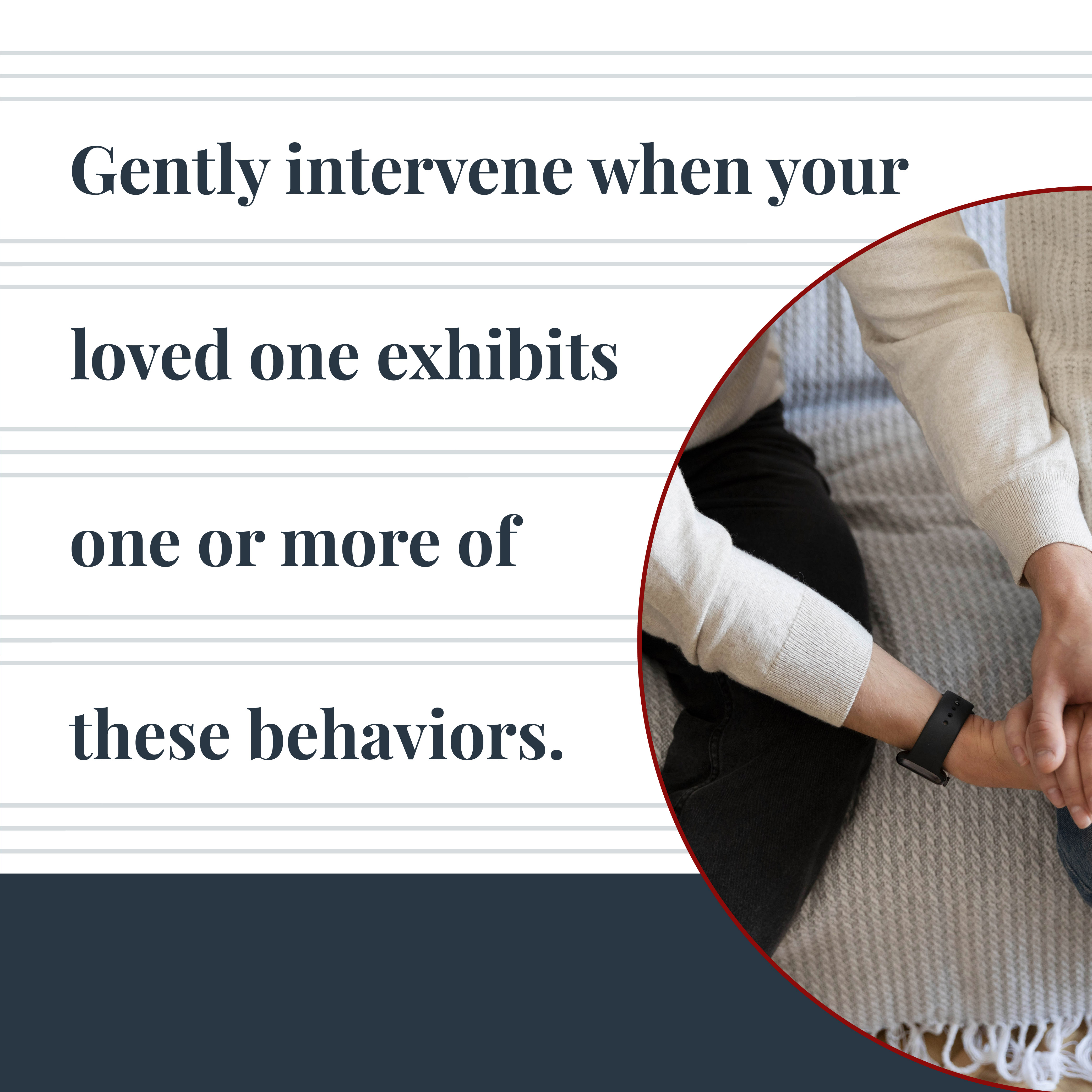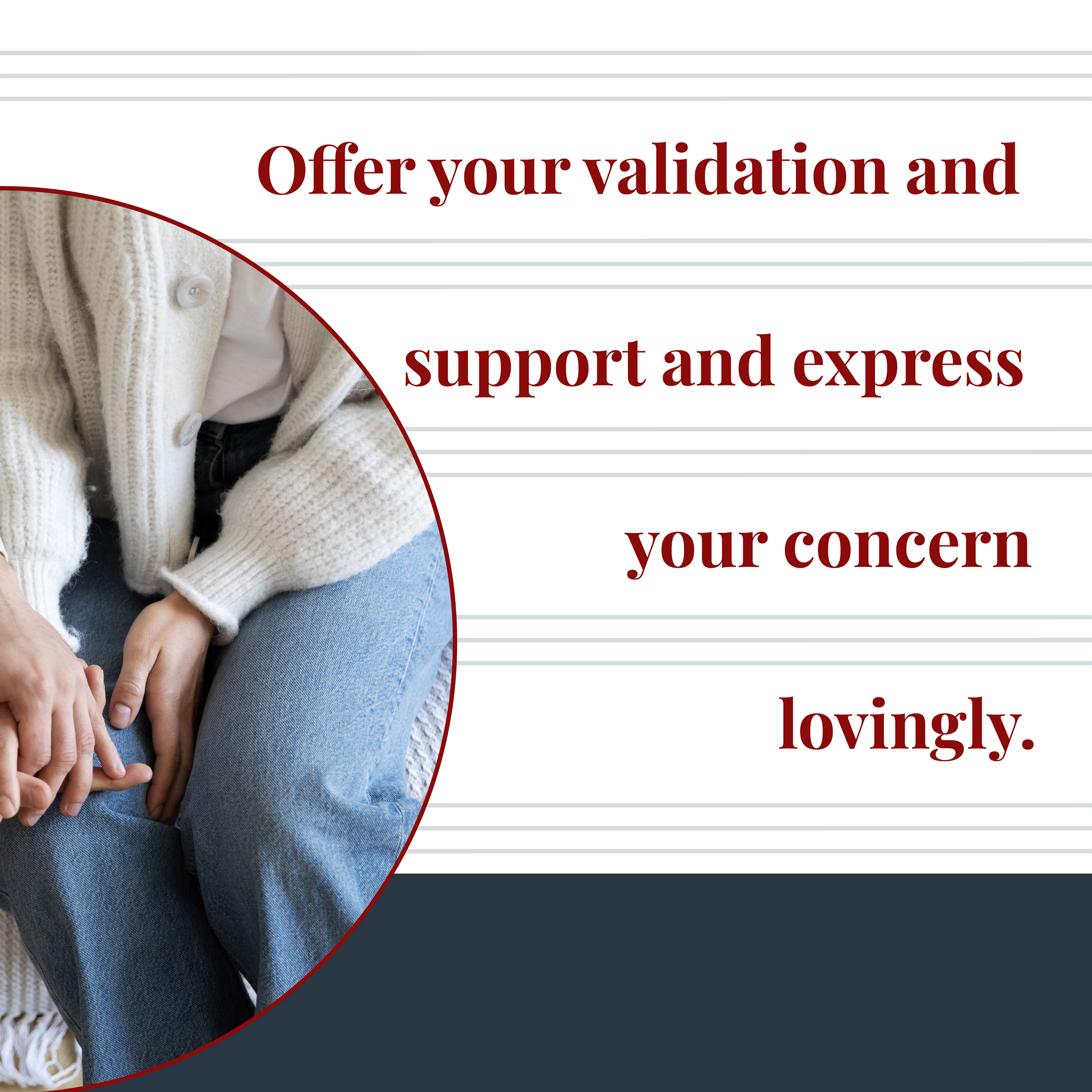What Is Avoidant Personality Disorder?
If you prefer isolation to interaction, have a deep-rooted fear of embarrassment, or suffer from crippling self-doubt, you may feel like you are always the odd one out. But your experience is not as uncommon as your self-doubt would have you believe.
Avoidant personality disorder, or AVPD, affects between 1-9% of the population. It’s more common for women than men and it is especially prevalent in individuals with a history of trauma or abuse. AVPD is also linked to a range of other mental health disorders, including general anxiety, depression, and substance use disorder.
Avoidant personality disorder is often treated with medication. However, you may prefer to try natural remedies first. Fortunately, talk therapy has proven very successful with AVPD. Our counselors are ready and equipped to get sufferers started on the path to health and healing.

What Are the Common Symptoms of Avoidant Personality Disorder?
A little bit of social anxiety is one thing, but how do you know if your discomfort has progressed to a full-blown disorder? Like most mental health challenges, a small issue becomes a matter of concern when it affects your ability to go about day-to-day life. For example, while a shy person may struggle to speak up during a work meeting, a person with AVPD may call in sick to avoid the meeting altogether.
Here are some of the common symptoms of AVPD to keep an eye out for:
- Feelings of inadequacy
- Fear of judgment or rejection
- Low self-esteem
- Inability to form new relationships
- Reserved or nervous behavior in social situations
If you believe you suffer from avoidant personality disorder, it’s time to speak with a mental health professional. At NPS, we help clients identify the source of their anxiety, find effective treatment, and move forward to a happier life.
How Does AVPD Differ from Social Anxiety?
Sufferers of avoidant personality disorder and social anxiety experience many of the same symptoms, but the two conditions have different causes. While AVPD is a personality disorder, social anxiety is an anxiety disorder. This means that AVPD affects the way a person thinks, feels, and behaves. Social anxiety, on the other hand, is a response to a triggering event, person, place, or object.
Are the Treatments Different?
While this distinction is important, the treatments for AVPD and social anxiety are often the same. Therapy with a qualified counselor is a proven way to treat both conditions with success.
At NPS, we believe all sufferers of AVPD and social anxiety should use Cognitive Behavioral Therapy. The goal of this treatment is to take unhealthy thoughts and behaviors and transform them into healthier and more productive ones.
In cases of AVPD, unhealthy patterns and behaviors are often deep-rooted and difficult to change. Our counselors are skilled at identifying realistic goals so our clients benefit from small successes that gather momentum over time. Together, we can create a plan for moving forward to a healthier and less burdened life.
How Does AVPD Affect Relationships? Is There Hope?
Avoidant personality disorder presents many challenges for sufferers and their loved ones. Because people with AVPD have a deep-rooted fear of criticism and rejection, they often avoid intimacy in their interpersonal and romantic relationships. Of course, these individuals are capable of feeling affection and love for others–they may simply struggle to express those emotions or make themselves available to loved ones.
Fortunately, there is hope for those with AVPD, as well as their loved ones. Here are the actions and mindsets we recommend:
Foster Authenticity
Although it may be tempting to walk on eggshells around one another in an attempt to avoid emotional vulnerability, we recommend authenticity and open communication above all else. Being clear about your thoughts and feelings will help to create an authentic and safe environment for your loved one to do the same.
Offer Validation
As you share your own thoughts and feelings, be willing to hear and validate the thoughts and feelings of your loved one. Even if you don’t agree, you can express your concerns in a supportive and understanding way. This lets the other person know they are not being rejected or criticized.
Know When You (Or Your Loved One) Need Help
Even with balanced communication, difficulties may remain in relationships where one or both partners have AVPD. When those challenges affect your lives, both individually and together, bringing a qualified mental health counselor into the equation can illuminate a brighter path forward.
In addition to Cognitive Behavioral Therapy, couples counseling can be an effective way to build stronger connections. A counselor can help both partners recognize the avoidant tendencies at play and learn how their actions are affecting the other person. Whether you have AVPD or love someone who does, becoming educated on the disorder and its common effects can help you have more patience and resolve misunderstandings that undermine the relationship.
If you are feeling unheard and unsupported in your relationship, please know that there is hope. Counseling can help you and your partner be open about your emotions, better understand where one another is coming from, and move forward together.
How Do I Know When It’s Time to Work with a Counselor?
When your avoidant personality disorder begins to affect your social or work life or becomes disruptive in your relationships, it’s a good idea to seek out a counselor. AVPD can lead to social isolation, which in turn leads to greater anxiety and fear of vulnerability. No matter what stage of the process you are in, our team is here to lighten the load and make the path forward easier.
To speak with a member of our team, give us a call at (815) 477-4727. We will set up a time for you to attend a free 15-minute meet and greet with one of our counselors. This will provide you with a chance to ask and be asked questions to ensure a good fit between client and counselor.
Are you ready to take the next step?
CONTACT US AND SCHEDULE YOUR FIRST APPOINTMENT TODAY.










